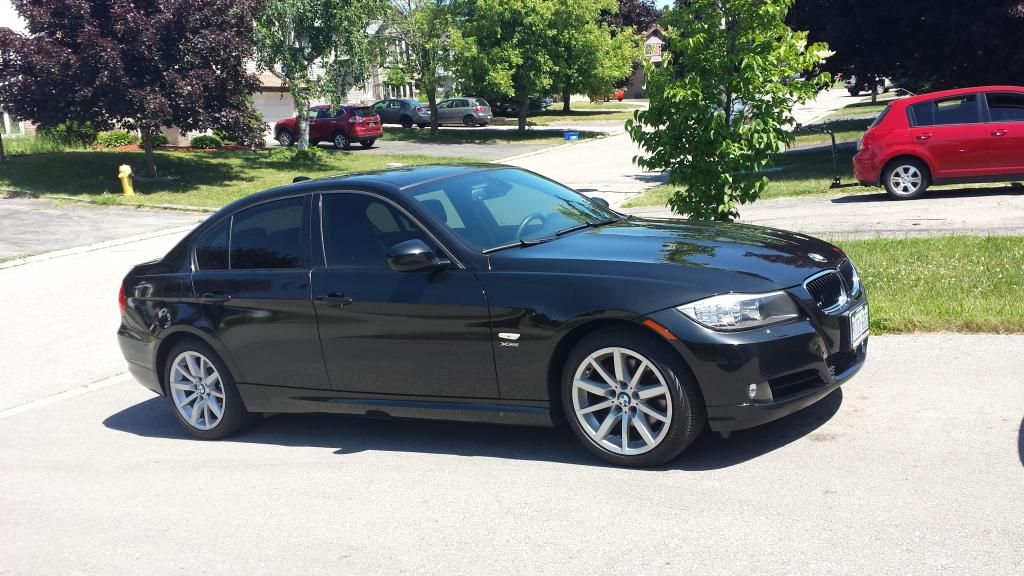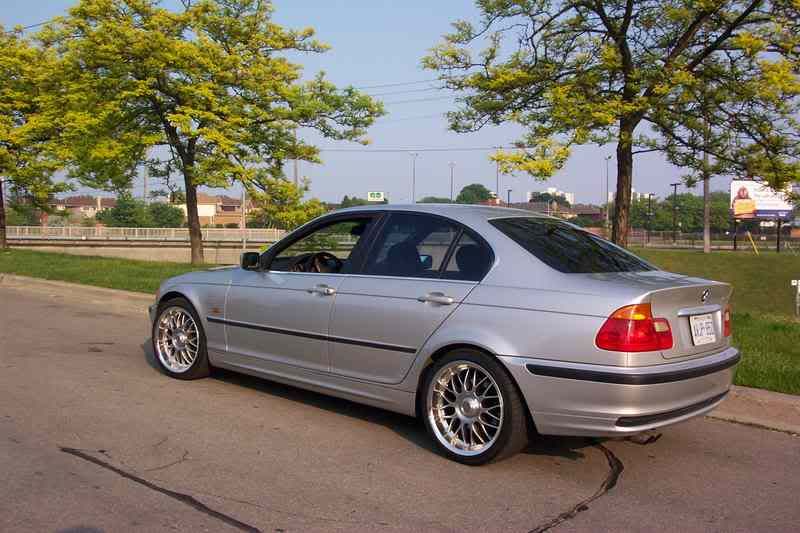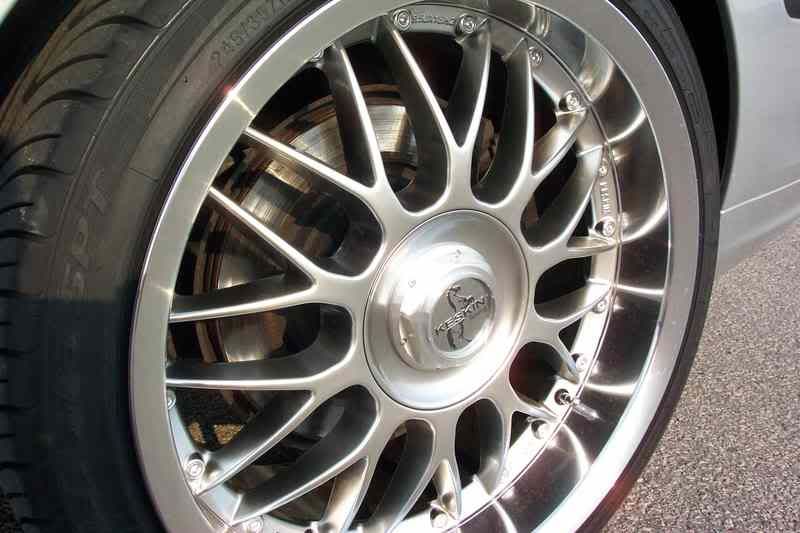I blame the X5's quality control issues on the fact that they are made in the USA, not Germany.
Generally, reliability issues these days aren't related to where final assembly is done, but are rather due to component design.
In-house, Spartanburg does the final welding of the bodyshell, paints the bodyshell, and assembles a rather vast number of subassemblies onto that bodyshell. Those subassemblies are coming from BMW's worldwide supplier network. Transmission and driveline are from ZF, engines are from BMW's own engine plant (The engines used at Spartanburg come from the same engine plant in Europe that supplies the same engine to all their plants that use that engine in whatever they build), etc.
I've spent a lot of time in nearby Greenville ... at a supplier's enormous stamping and welding facility that builds modular parts of the bodyshell. BMW in turn welds those modular parts of the bodyshell together at their own plant. Almost all of the outer sheet metal on those cars is coming from that supplier ... It is a 1.2 million square foot plant just for doing the stamping and first-stage welding.
The long-term nemesis of most luxury cars is the electronic systems. Those are coming from the same worldwide suppliers, regardless of where the assembly plant is.
I've never owned a BMW, I'm more familiar with the various glitches and hiccups that VW has had, and they're not related to assembly plant location. The high-pressure fuel pump that the 2009-on VW common-rail diesels have (and which has been a source of trouble) is a Bosch component, specifically a Bosch CP4.1 HPFP. It doesn't matter if it came in a Jetta (Mexico) or Golf (Brazil) or Golf wagon (Germany), same issues because the engines are all coming from the same place and they all incorporate the same HPFP. VW is not the only manufacturer to have been having trouble with Bosch CP4.. injection pumps. Ford and GM have had trouble with it also.
Luxury cars almost always depreciate faster than their more basic cousins. Too much crap to go wrong ...



















